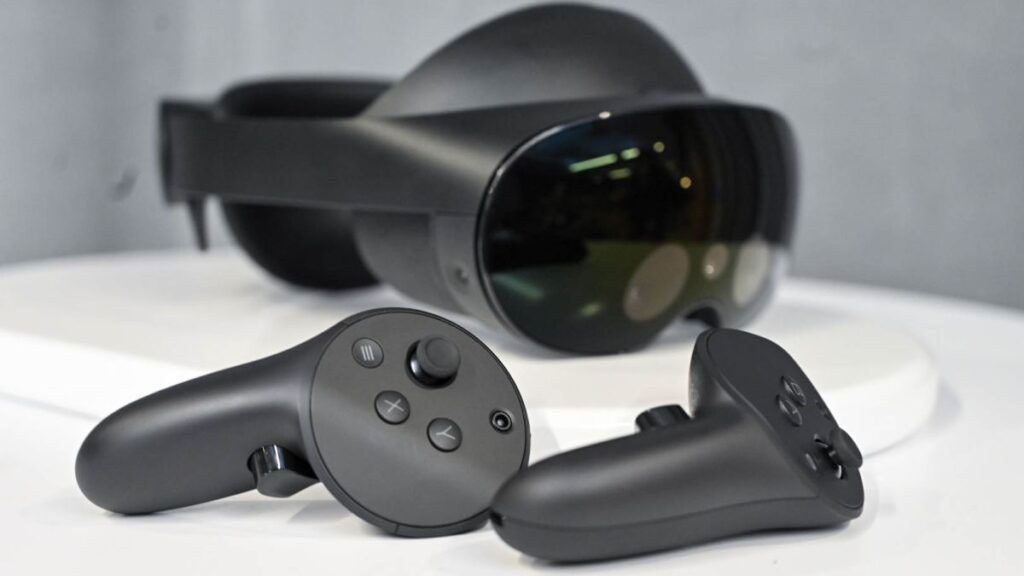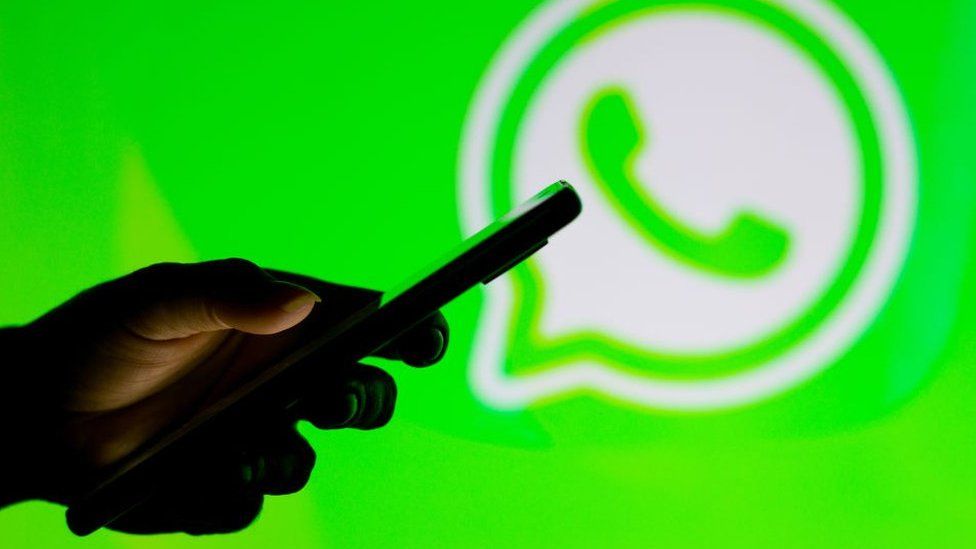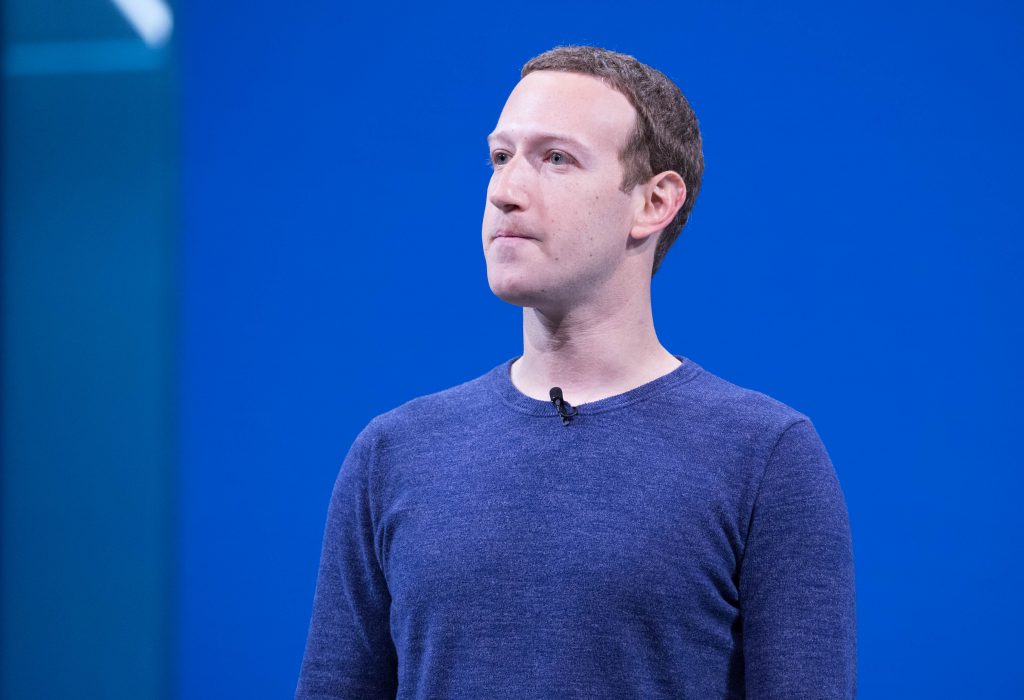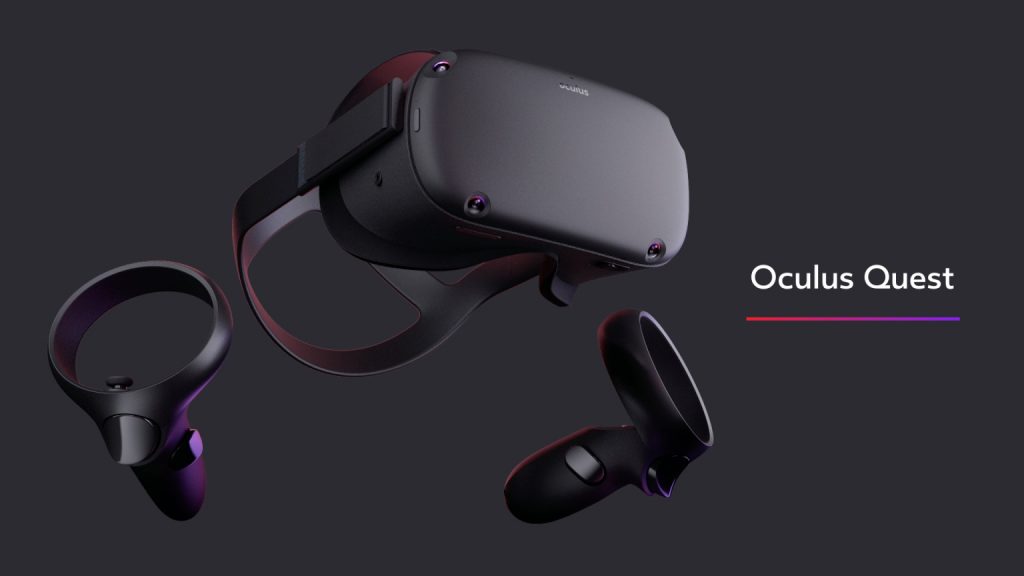Zuckerberg Says Threads Has Almost 100 Million Monthly Users
The reports of a decline in Meta’s Threads social media app usage might have been a tad bit exaggerated, it seems. Mark Zuckerberg, the CEO of Meta, announced that the app presently boasts “just under” 100 million monthly active users, and he envisions a “good chance” of it reaching 1 billion users in the next couple of years.
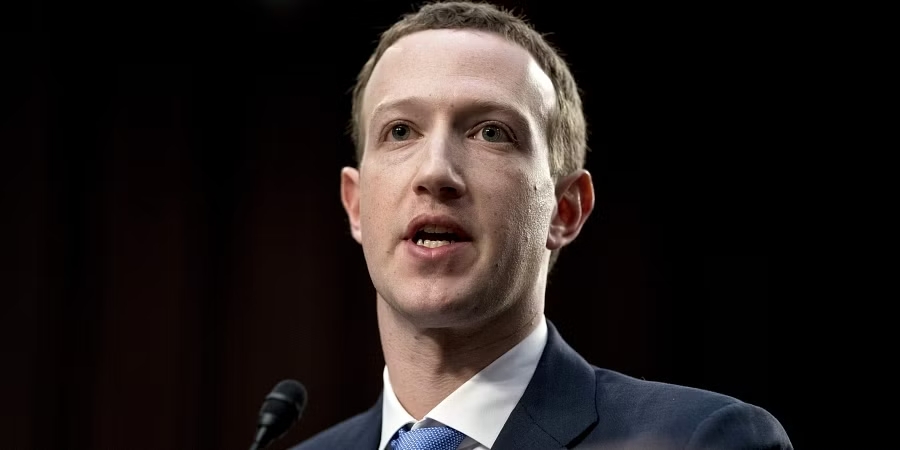
“I thought for a long time, there should be a billion-person public conversations app that is a bit more positive, and I think that if we keep at this for a few more years, then I think we have a good chance of achieving our vision there,” Zuckerberg communicated during the company’s third-quarter earnings call.
Threads’ journey has been under close scrutiny since its launch in July. The app initially garnered 100 million sign-ups within its first week, but it encountered a decline in engagement due to complaints about limited functionality and an inundation of brand posts in feeds. However, Meta seems determined to overcome these challenges.
During the Threads launch event, Instagram head Adam Mosseri expressed Meta’s intention to engage in robust competition with X, the platform that was once Twitter. Meta has been steadily introducing new features, and engagement appears to have rebounded in recent weeks, especially as Elon Musk implements rapid changes to X, such as removing headlines from links. The Wall Street Journal reported this week that Threads has succeeded in attracting former “power users” from X, a significant sign of its resurgence.
Threads’ growth wasn’t the sole positive development for Meta. The company reported a revenue of just over $34 billion for the quarter, marking a 23 percent increase from the previous year. An impressive 3.9 billion people now use one of the company’s platforms each month, reaching a new milestone for the social media giant. During a discussion with analysts, Zuckerberg underscored that Meta’s recent focus on “efficiency,” which led to shedding over 20,000 jobs in the last year, has proven to be an effective strategy in the face of a “very volatile world.”
Zuckerberg also revealed Meta’s increasing emphasis on generative AI moving forward. “We’re going to continue deprioritizing several non-AI projects across the company to redirect efforts towards AI,” Zuckerberg announced, highlighting the company’s commitment to harnessing artificial intelligence for future growth.
However, these AI investments won’t detract from the company’s commitment to spending on the metaverse. Meta’s division overseeing augmented reality (AR) and virtual reality (VR) ventures, known as Reality Labs, sustained significant losses in the multibillion-dollar range. Revenue from Reality Labs dwindled to just $210 million, with losses surging to $3.7 billion for the quarter and totaling more than $11 billion since the start of 2023.
Also Read: Will X’s Addition of Audio and Video Calling Create Stickiness in the App?
Meta reported its most robust operating margins in the past two years. Additionally, they managed to curtail expenses for the fiscal year. However, Meta foresees that its spending in 2024 will surpass Wall Street’s estimates, citing the postponing of hiring needs from the current year to the next while maintaining investments in AI infrastructure. Furthermore, Meta expressed concerns that the ongoing conflict in Israel and Gaza could potentially dampen fourth-quarter sales.
Meta’s stock, which has seen a remarkable increase of nearly 150% this year, experienced fluctuations in after-hours trading, initially gaining 3% before later declining to trade 3% below the closing price after two hours. As Threads and the broader Meta platform continue to evolve, all eyes will be on whether the company can indeed achieve Zuckerberg’s vision of a billion-person public conversation app.

I am a law graduate from NLU Lucknow. I have a flair for creative writing and hence in my free time work as a freelance content writer.


